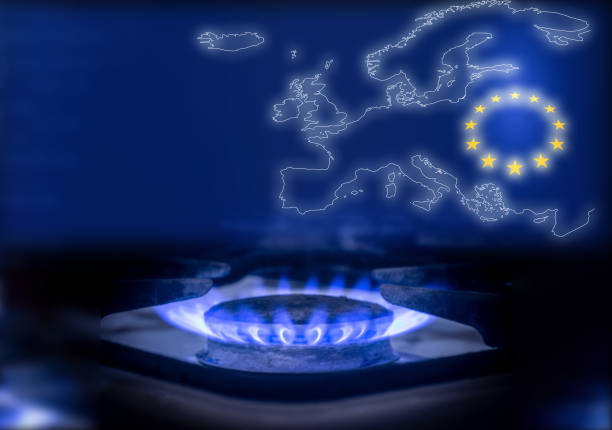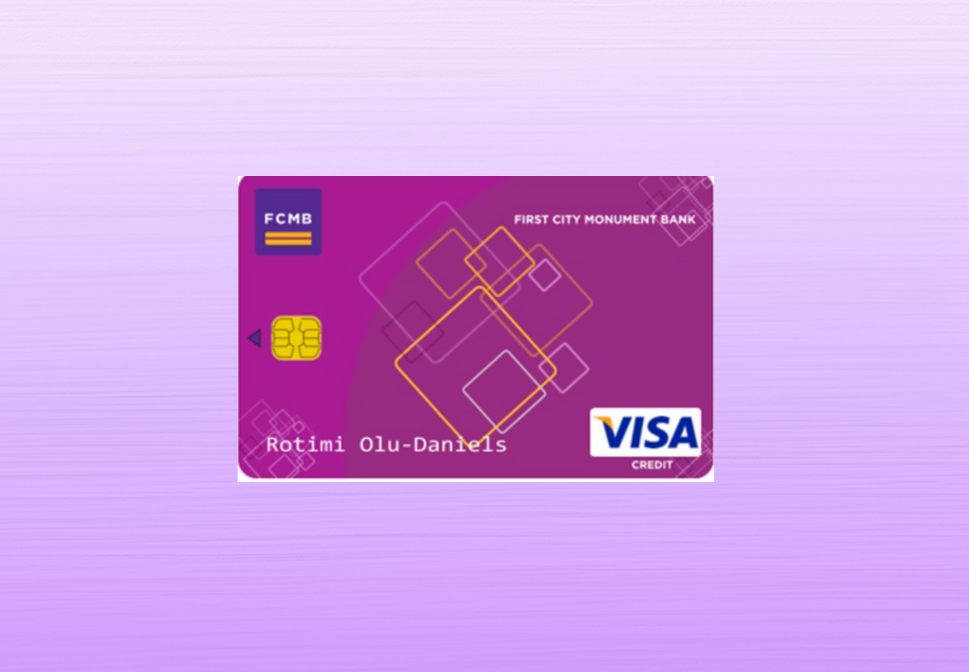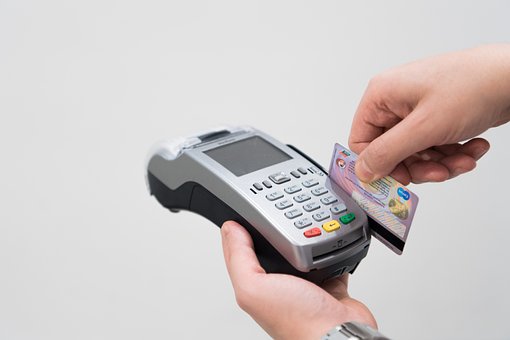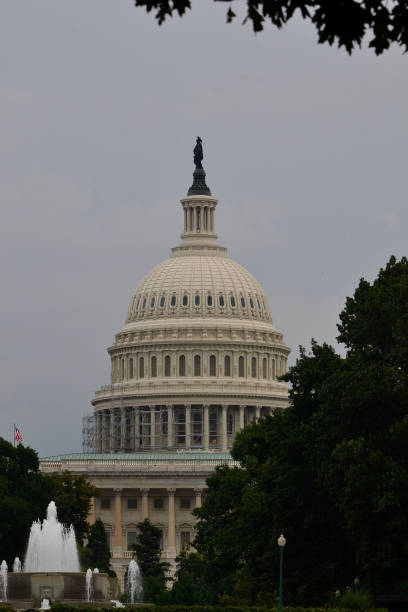World
European Union’s history
Do you know the history behind European Union? Know more about this big group.
Advertisement

The history of the European Union (EU) dates back to the aftermath of World War II, when European leaders sought to promote peace and economic cooperation on the continent. Here are some key events in the history of the EU:
- 1951 – Treaty of Paris: Six European countries (Belgium, France, West Germany, Italy, Luxembourg, and the Netherlands) sign the Treaty of Paris, creating the European Coal and Steel Community (ECSC). The ECSC is designed to promote economic cooperation and prevent future wars by pooling the coal and steel resources of its member countries.
- 1957 – Treaty of Rome: The same six countries sign the Treaty of Rome, establishing the European Economic Community (EEC) and the European Atomic Energy Community (Euratom). The EEC aims to create a common market and reduce trade barriers among member countries.
- 1973 – Enlargement: Denmark, Ireland, and the United Kingdom join the EEC.
- 1986 – Single European Act: The Single European Act is signed, establishing the framework for a single market among member countries.
- 1992 – Maastricht Treaty: The Maastricht Treaty is signed, establishing the European Union (EU) and creating a common currency, the euro.
- 2004 – Enlargement: Ten new countries join the EU, including Cyprus, the Czech Republic, Estonia, Hungary, Latvia, Lithuania, Malta, Poland, Slovakia, and Slovenia.
- 2009 – Lisbon Treaty: The Lisbon Treaty is signed, amending the previous treaties and creating new positions, including a permanent President of the European Council and a High Representative for Foreign Affairs and Security Policy.
- 2016 – Brexit: The United Kingdom votes to leave the EU in a referendum, triggering a period of negotiations and uncertainty.
Despite these challenges, the EU continues to evolve and expand, promoting economic cooperation, social progress, and peace among its member countries.
The European Union (EU) plays a significant role in the political, economic, and social life of its member countries and beyond. Here are some of the key roles that the EU plays:
- Economic integration: The EU promotes economic integration among its member countries through a common market, free trade agreements, and a common currency (the euro). This allows for the free movement of goods, services, capital, and people across member countries.
- Political cooperation: The EU promotes political cooperation among its member countries through a system of shared decision-making and governance. This allows member countries to work together on issues such as foreign policy, security, and justice.
- Social progress: The EU works to promote social progress and human rights by establishing common standards in areas such as labor rights, gender equality, and environmental protection.
- International cooperation: The EU plays a significant role in promoting international cooperation and addressing global challenges, such as climate change, poverty, and conflict. It is a major donor of development aid and supports multilateral institutions such as the United Nations.
- Regulation: The EU regulates a wide range of industries and activities, including agriculture, energy, transportation, and data privacy. This helps to ensure a level playing field and protect consumers and the environment.
- Diplomacy: The EU is a major player in international diplomacy, representing its member countries in international forums and negotiating agreements with other countries and regions.
Overall, the EU plays a key role in promoting economic, social, and political progress and addressing global challenges. While it faces significant challenges and criticisms, particularly in relation to issues such as democratic accountability and transparency, it remains an important force for cooperation and integration in Europe and beyond.
The European Union (EU) was formed in 1993, building on the European Coal and Steel Community founded in 1951 and the European Economic Community established in 1957. The EU is a political and economic union of 27 member states located primarily in Europe. It has created a single market and a currency (the euro) among its members, and works towards common policies on issues such as trade, security, and climate change. The EU has also expanded its membership over time, with the latest accession being Croatia in 2013.
Trending Topics

Zenith Bank: Apply now!
Transform your finances with Zenith Bank. With competitive interest rates, innovative banking services. See now!
Keep Reading
Deutsche Bank Nigeria: Apply now!
The bank has a strong commitment to customer service and is dedicated to helping its customers achieve their financial goals.
Keep ReadingYou may also like

FCMB Visa Classic Card: Apply now!
Upgrade your finances with the FCMB Visa Credit Card Classic. Enjoy flexible payment options, worldwide acceptance, and discounts.
Keep Reading
Recommendation Standard Chartered Visa Platinum Card
Experience the best in luxury with the Standard Chartered Visa Platinum Credit Card. Enjoy premium benefits like 24/7 concierge service.
Keep Reading
